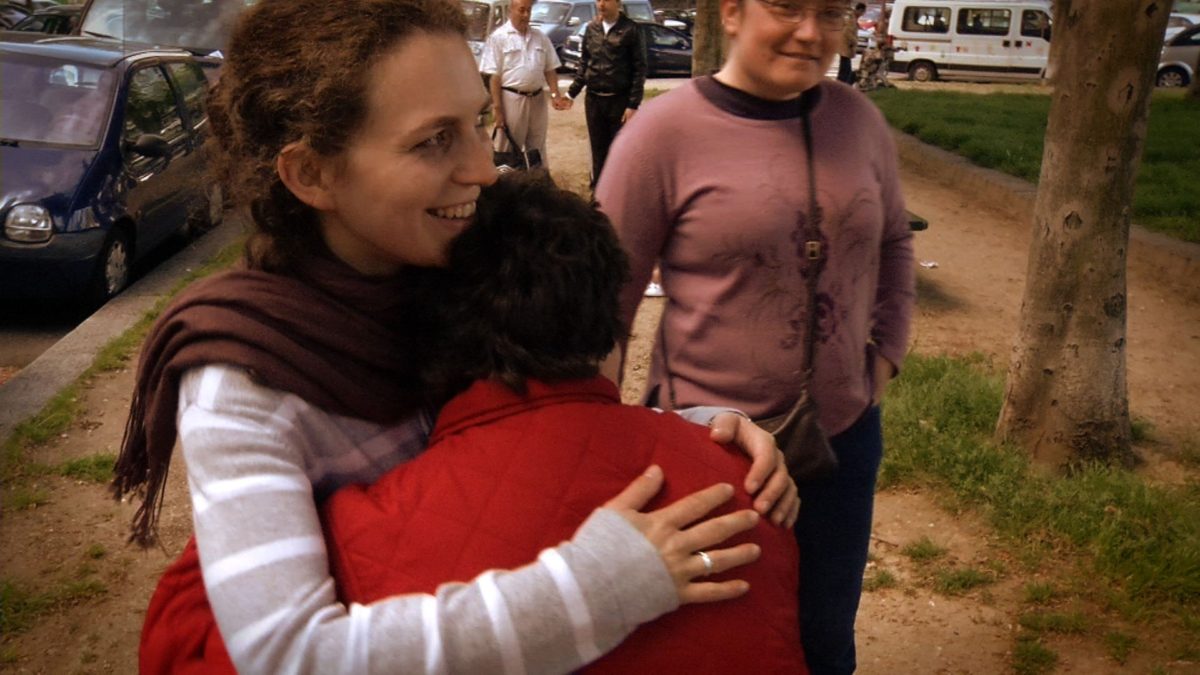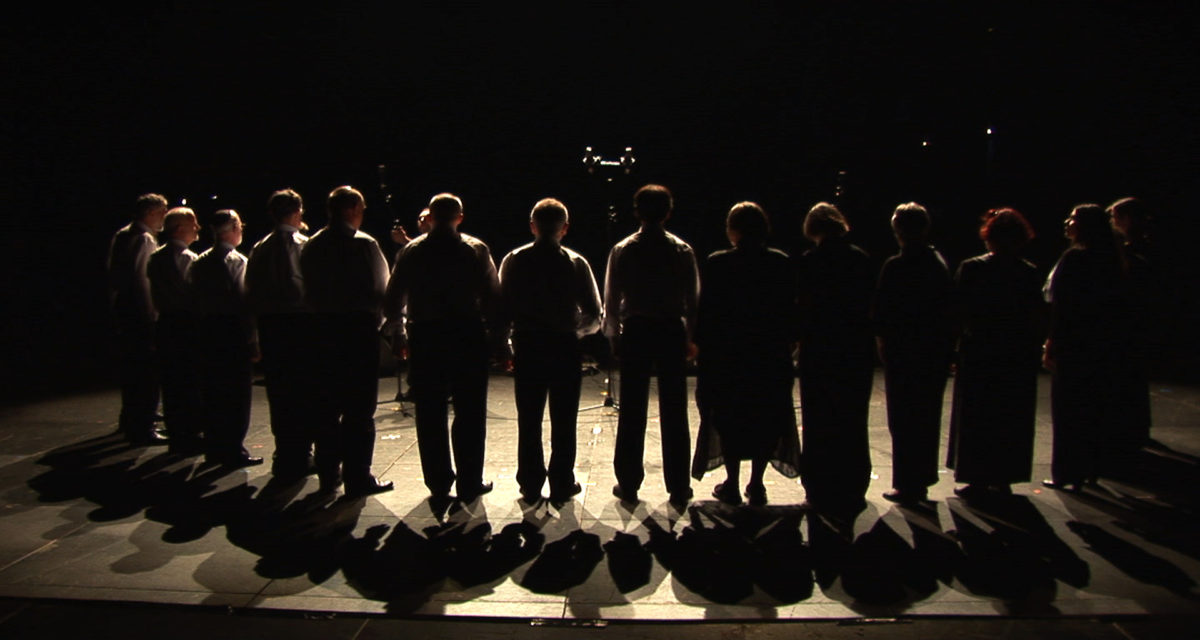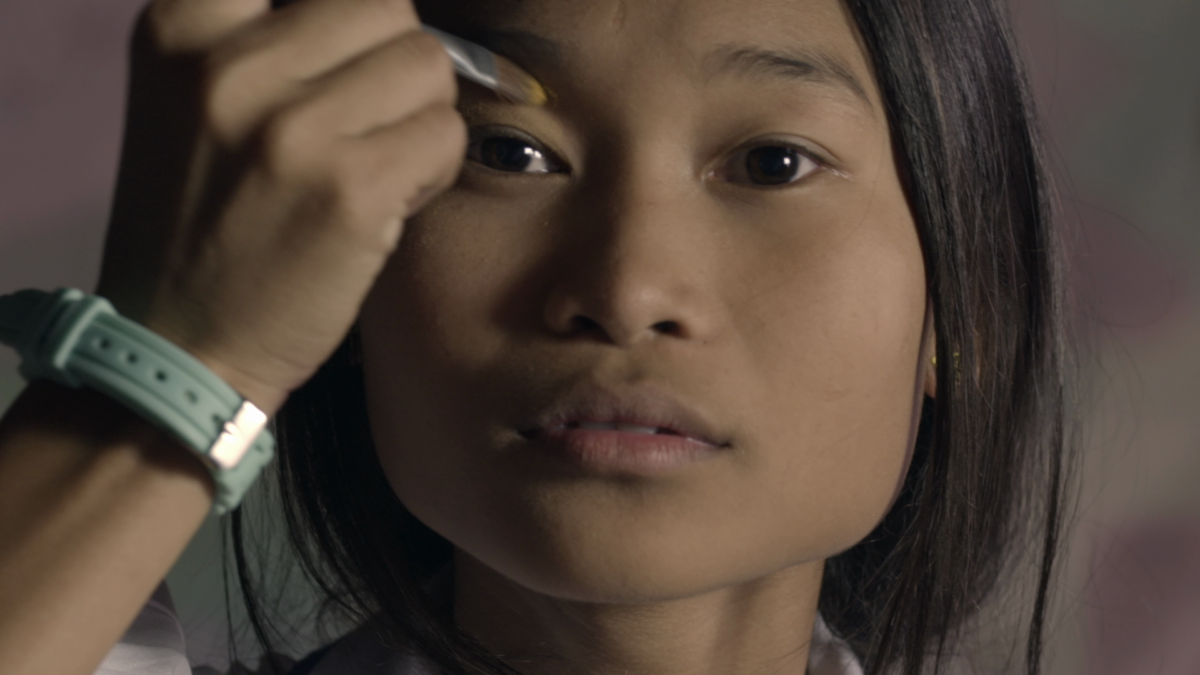One day in April 1995, Christian and Marie-France des Pallières, a retired French couple, came across the Phnom Penh trash heap: “Across a huge area of steaming garbage, in a pestilential stench and amidst countless flies, hundreds of children aged six to 15 picked over the trash. They were looking for scraps to eat, since none of them had eaten since the previous day. It was a terrible shock. It made you want to scream, or weep.”
Shaken by this experience, the couple decided to do whatever they could to get those children out of that hell and put a smile back on their faces. “Pour un Sourire d’Enfant” (PSE – For A Child’s Smile) was born. Their little princes and princesses, as they called them, would have an alternative destiny.
From 1996, Christian and Marie-France sold up in France and moved into a hut on the edge of the dump to provide the children with a square meal, washing facilities and basic medical aid. But they soon had to go further, helping families, building a school, starting career training, and so on.
Two decades on, some of the children are now aged 25 and are finishing their studies or working. Some 7,000 pupils attend school thanks to PSE, and around 3,500 former pupils have gone on to find employment.
In 2000, Christian and Marie-France received the French Republic’s Human Rights Award. They also received the highest honor in Cambodia from the king. Many local and international figures regularly come to visit the center.
“Les Pépites” is their story, an extraordinary human adventure.
By bringing this amazing true story to the public, Xavier de Lauzanne delivers a reflection on humankind and our capacity for resilience in the form of an original documentary.
“Les Pépites” has a cinematographic beauty to match the narrative, which takes us from the depths of poverty to the heroic dimension of the characters striving to rise above it. Not often treated in documentaries, the theme of poverty has never been handled in such a way, giving the film the aura of a work of fiction.
Directing this documentary film was a cinematic challenge: Telling a story that stretches over 20 years, processing some 350 hours of personal archive footage, including 16mm reels, which were pored over during six months of editing.
It also encompassed two years’ filming in Phnom Penh with a Cambodian crew, including shoots in 4K using drones, dollies and cranes, and huge scenes involving 3,000 extras.
In total, the project spanned four years between Cambodia and France.
On its theatrical release, the film was a success in cinemas and on social media:
175,000 spectators in 11 weeks on release
3rd most admissions for a documentary that year out of 88
99% satisfaction rating, and the “Audience Favorite” label awarded by Ecran Total
20,000 fans on Facebook
“Best film on release” according to users of AlloCiné
“Coup de Coeur” award at the Atmosphères Festival, with a unanimous jury
“Best Original Soundtrack” award at SunnySide of the Doc in La Rochelle
This popular success was the culmination of a media campaign as part of an operation called “Aidez-nous à mettre Les Pépites dans le journal!” on crowdfunding platform KissKissBankBank. Two full-page ads in the newspapers Le Parisien and Le Monde marked the end of the campaign, which reached the top of the kisskissbankbank’s Wall of Fame.
“Les Pépites” won praise from critics at Les Inrockuptibles, Le Masque et La Plume, Le Parisien and Le Figaro, and also from many public figures, including director Patrice Leconte, the film’s patron, Serge Moati, Jean-Marc Ayrault, Nagui, and Frédéric Lopez.
The film’s score, composed by Camille Rocailleux, is in the running for the César awards, and includes the song “One of Us” performed by Hugh Coltman and Juliette Paquereau of Diving with Andy. It is available on Deezer, iTunes, Spotify and Qobuz.



